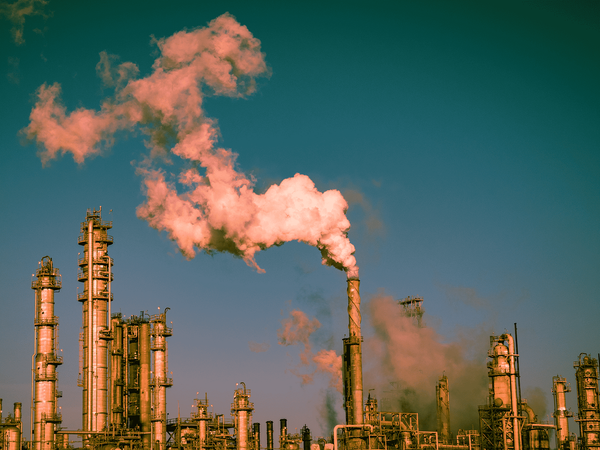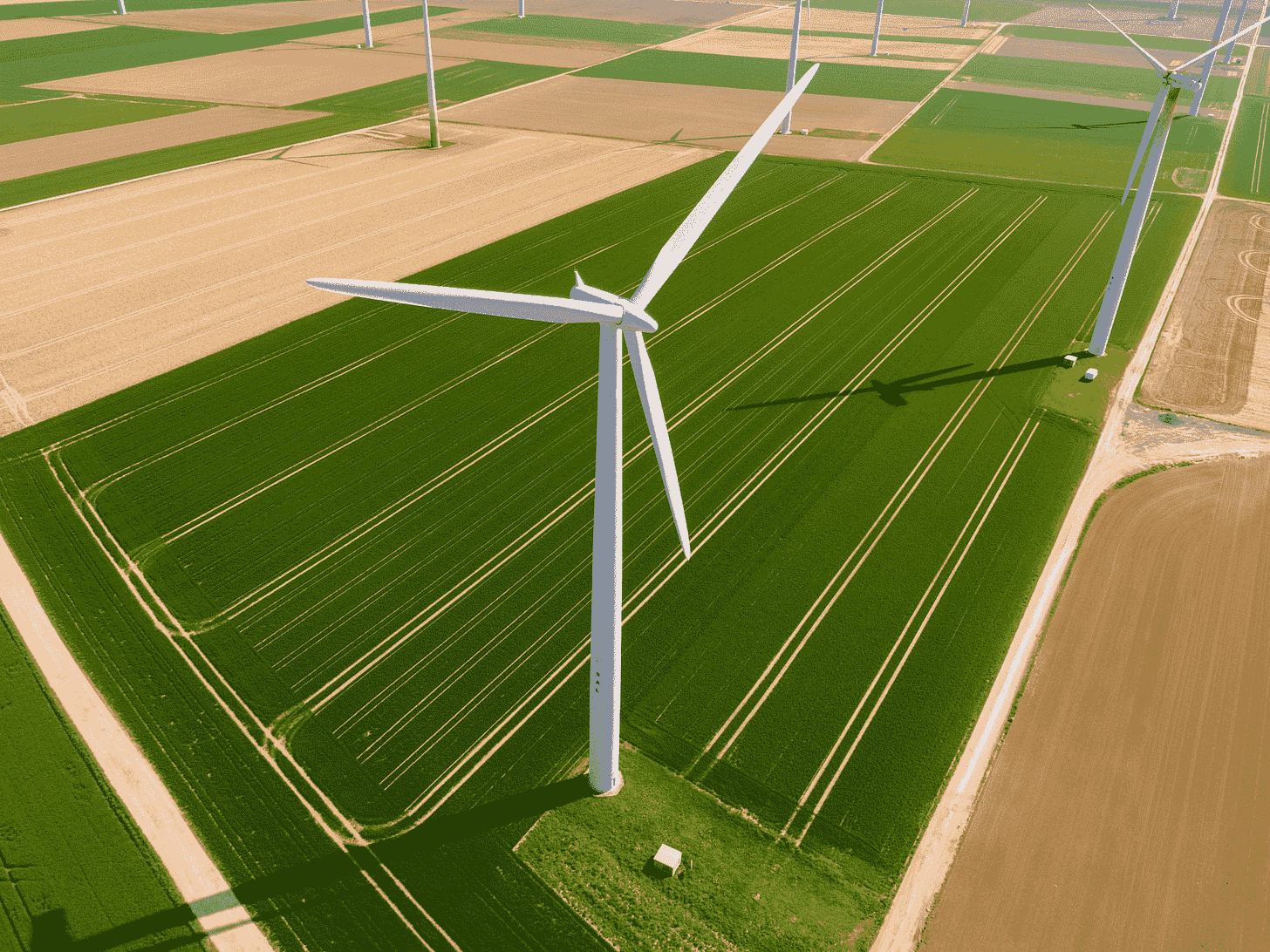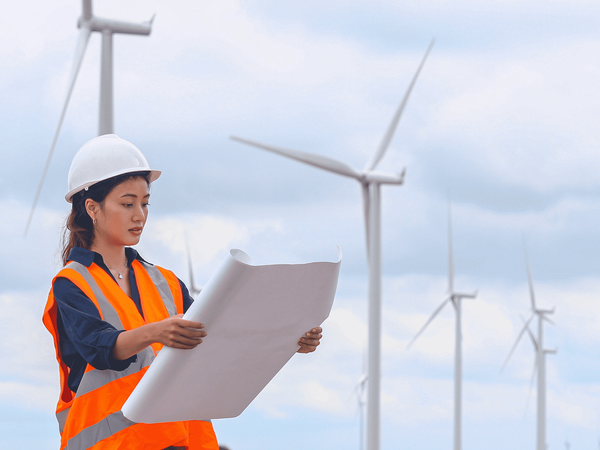Germany faces energy crisis as Russia tensions soar

Russia-Ukraine Conflict
Today, the world's eyes are focused solely on the Russia-Ukraine crisis. Different countries have taken different interpretations of the situation, but they all agree on one thing: there should be no war. However, at the moment, the most they can do is to put sanctions against Russia, provide aid to Ukraine, and locate NATO troops to neighboring countries of the conflict zone.
The war between Russia and Ukraine has made an enormous impact on the entire world, particularly in Europe. A European energy crisis is one of the issues that could occur. This is because Russia currently supplies around 40% of natural gas to European countries.
Take the example of Germany; the biggest consumer of Russian gas. Germany gets 32% of its gas from Russia. Although they have already halted the certification of Nord Stream 2, the fact that Germany already has a huge dependence on Russia for the current gas consumption is a regretful situation for the country. The country can neither support Russia nor can they completely cut off their business.
"We need these energy supplies to maintain the price stability and energy security in Germany"- Robert Habeck, Environment and Economy minister of Germany
Russia-Ukraine Crisis
Russia-Ukraine crisis goes back a long way. Both Russia and Ukraine share the same mythology, and a significant percentage of the Ukrainian population is pro-Russian.
Ukraine used to be an important part of the Soviet Union. It had fertile lands, massive iron and coal mines. It was also a space to store the USSR's nuclear power plants. Experts believe that Chernobyl disaster is one of the reasons that executed the fall of the Soviet Union. When the Soviet Union disintegrated in 1991, Ukraine had the world's third-largest nuclear arsenal. The partition with Ukraine hurt Russia the most.
Following the disintegration, the United States and Russia coordinated with Ukraine to denuclearize the country, and in a series of multilateral deals, Ukraine returned hundreds of nuclear warheads to Russia. In exchange, Ukraine received security guarantees against a future Russian attack. However, ever since its pro-Russian president, Viktor Yanukovych, was ousted in 2014 after months of protests against his rule, President Putin might have felt a constant threat from Ukraine.
So, when Russia attacked Ukraine in 2014, those securities became questionable. Russia seized control of the Crimean Peninsula through a referendum and backed pro-Russian separatists in eastern Ukraine's Donbas region. This resulted in the worst deterioration in relations between Russia and the West since the conclusion of the Cold War.
What Russia wants is unclear and probably only President Putin knows, but to outsiders, Russia demands that—Ukraine should never be a part of the EU and the NATO's expansion should be limited. If this war continues, it is terrible for the entire world. The war is never a solution and never was.
Germany’s gas pipe from Russia
In the late 1990s and early 2000s, Germany's gas supply faced serious issues due to rising demand. As a result, Nord Stream, a natural gas pipeline connecting Russia and Germany, was built beneath the Baltic Sea. The original Nord Stream (now known as Nord Stream 1) ran from Vyborg, Russia, to Lubmin, Germany. This stream's principal shareholder is a Russian state-owned enterprise. Nord Stream 1's first line was completed in May 2011 and inaugurated in November 2011. The entire yearly capacity of this pipeline is 55 billion m3 of gas.
When construction on Nord Stream 2 began in 2018, the capacity of the natural gas pipeline was planned to be doubled to 110 m3. It has the potential to help Germany reach its carbon reduction targets. Natural gas emits less carbon dioxide when burned, so switching from coal to natural gas is healthier for the environment.
The project sparked political debate as it enabled for direct gas supply from Russia to Western Europe, bypassing all present transit countries. Germany ceased operations of Nord Stream 2 on February 22, 2022, in reaction to Russia's invasion of two separatist republics in eastern Ukraine. The project is worth as much as $15 billion to Gazprom, the Russian state-owned company.
Germany’s current energy system
In recent years, Germany has had substantial economic development, owing in large part to strong domestic demand and exports. Even though Germany has been pioneering the energy transition effectively, its current energy system heavily depends on fossil fuels.
In terms of overall primary energy supply and total end consumption, oil and gas are the most important energy sources. Renewable energy sources, such as biomass, wind, and solar, are also making rapid progress. Although coal provides for the majority of Germany's energy output, it is insufficient to meet domestic demand. After oil, natural gas is Germany's second-largest energy source. Domestic natural gas production has reduced in recent years, leaving Germany dependent on imports, the majority of which arrive from Russia. As a result, the current scenario has the potential to plunge Germany into an energy crisis tragedy.
Could renewable energies be an alternative solution?
Between 2008 and 2018, Germany's fossil fuel production fell by a third. In the wake of the nuclear catastrophe in Fukushima in 2011, Germany vowed to shut down all of its nuclear plants by 2022 (and already did). These decreases were substantially countered by rising renewable energy output. In terms of renewable energy, Germany had a great year in 2020. Wind farms and solar panels, as well as hydropower and biogas plants, increased their proportion of electricity consumption to 46 %, nearly matching coal, gas, oil, and nuclear power altogether. Furthermore, it aligned with the European Union's goal of making Europe carbon-neutral by 2050.
In keeping up with Germany's energy transition goals, the trend of additional renewable energy sources entering the energy system will continue. And this situation between Ukraine and Russia may just contribute to helping it be more vivid.
However, Germany may find it difficult to invest extensively in renewable energy (More about this topic in an upcoming post). Solar and wind energy, which contribute to the highest levels of renewable energy output, are weather-dependent. However, geothermal, bioenergy, and hydroelectric energy are all less weather-dependent than solar and wind energy in Germany.
Although the Russia-Ukraine war has put Germany in a difficult position, it has certainly taught Germany a great lesson of considering future possibilities of clean energy. With Germany’s advanced technology and economy, it’s only a matter of time.



